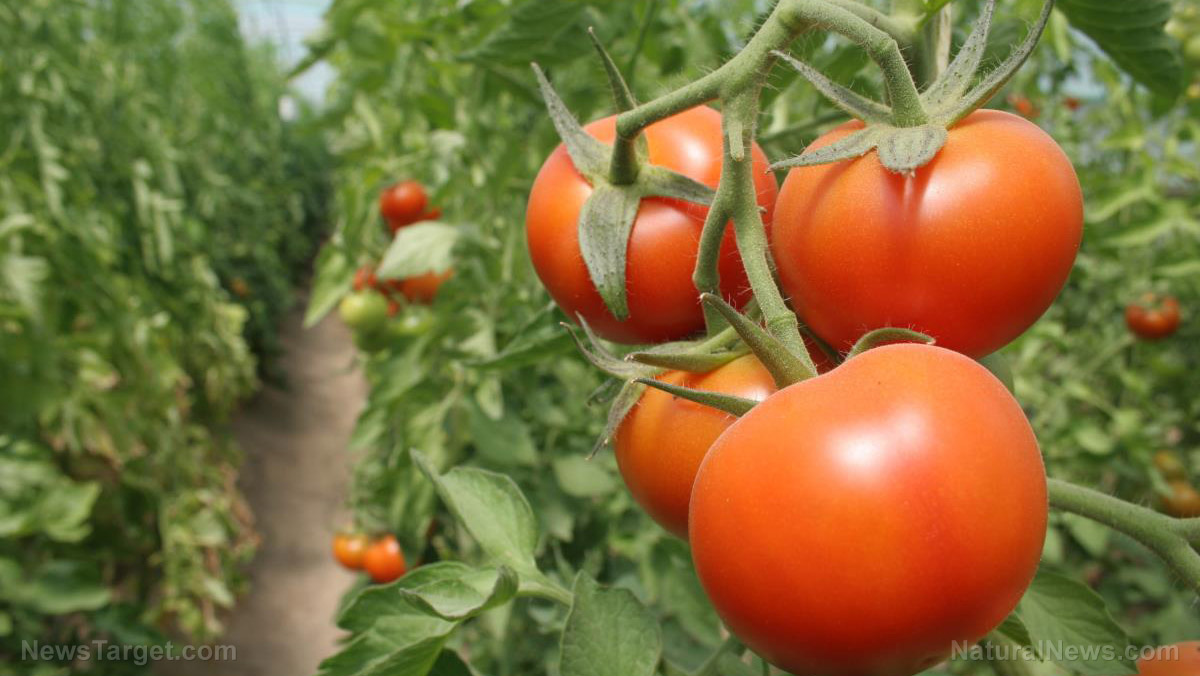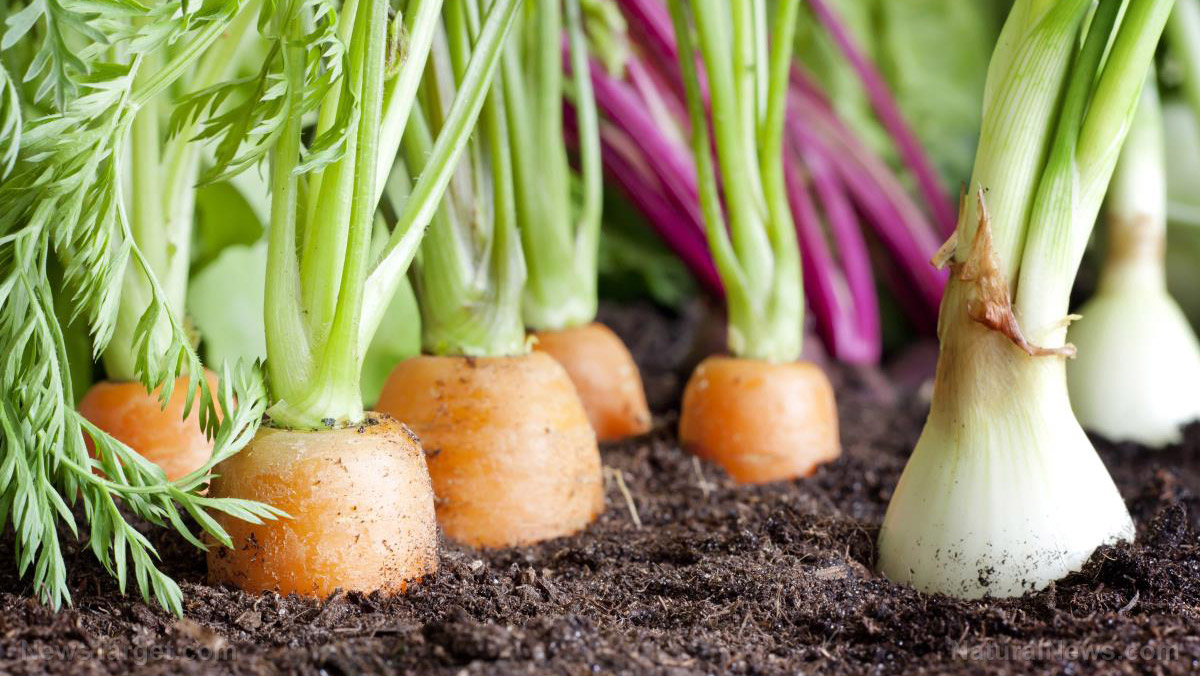
Advertisement
Cows might not get all the fanfare that other members of the animal kingdom do, but behind their quiet, unassuming façade rests a very useful power: the ability to recycle food and curb the need for herbicides.
Their food recycling ability was pointed out in a recent letter written by Kansas beef producer Brandi Buzzard Frobose, the Red Angus Association of America’s Communications Director, in response to Democratic Representative Alexandria Ocasio-Cortez’s Green New Deal. While many of its proposals raised a lot of eyebrows, it was one particular inclusion in an FAQ page of the document that inspired Frobose to fire back.
The FAQ reads: “We set a goal to get to net-zero, rather than zero emissions, in 10 years because we aren’t sure that we’ll be able to fully get rid of farting cows and airplanes that fast.”
In an open letter she published last week, Frobose took issue with the mention of farting cows as well as the suggestion that farmers and ranchers need to create sustainable food systems.
She pointed out that America produces almost 20 percent of the world’s beef using just nine percent of the world’s cattle, which is pretty efficient. Moreover, the beef industry in our country is already reducing its environmental impact via innovation.
But perhaps her best point was when she mentioned that cows are incredible recyclers and upcyclers who reduce food waste. She said: “Cows are able to take foods like sugar beet pulp and carrot tops – things that would otherwise be wasted as food production by-products – and turn those into beef.”
Around 85 percent of byproducts in beer production are spent grains, and cows are happy to eat them. Indeed, some breweries send their spent grains to dairy farms in their area. Dairy cows enjoy eating everything from citrus pulp to leftovers from bakeries – food that would normally go to waste and end up in landfills.
In fact, more than 34 million tons of leftovers from food are given to farm animals each year around the U.S. at a time when food waste is a growing concern.
Not only do cows recycle, but they also upcycle in the sense that they turn these plants they eat that are inedible to humans into a protein and nutrient-rich food in the form of beef; just one cow can provide around 600 pounds of boneless trimmed beef.
Frobose wrote: “Additionally, what other animal do you know that can take grass and turn it into a delicious steak? Seriously, cows are like superheroes.”
Reducing the need for herbicides
Cows can also be used instead of herbicides to control invasive plant species. For example, cattle are being allowed to graze on invasive grasses in wetlands to curb the problem while feeding the animals at the same time. In fact, studies have found that the wetlands offer enough fodder to meet a cow’s nutritional needs, and the grazed plots experienced greater biodiversity afterward. Other studies have shown that targeted cattle grazing can improve biodiversity in oil palm agriculture, reducing the use of herbicides down from 75 sprayings to just 15 in a typical plantation cycle.
It turns out that cows are a lot more “green” than people realize!
Sources for this article include:
Advertisements







